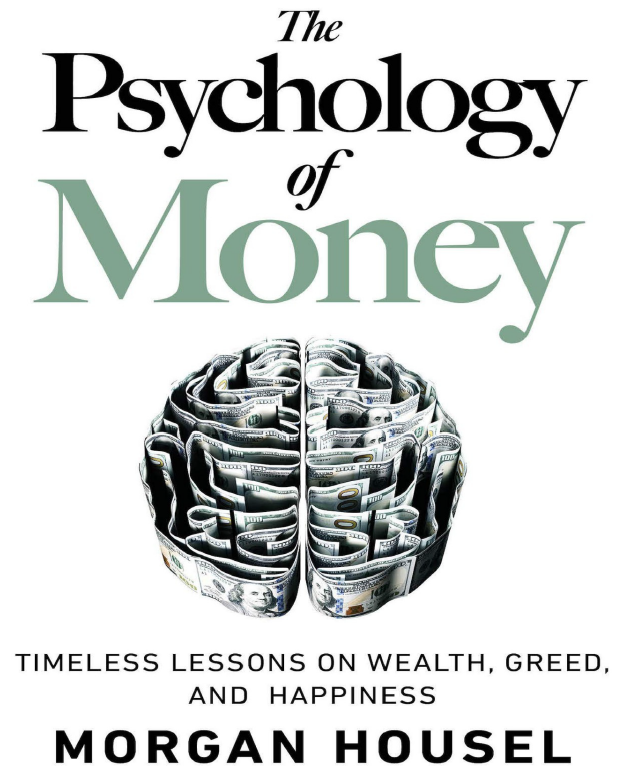A huge part of my education journey has been personal finance. I literally knew nothing about managing my money, investing, pensions etc. before I entered the working world.
Even then, it took me years to understand key concepts and be strategic with my money.
The Psychology of Money by Morgan Housel is a key read for anyone looking to improve their conceptual understanding of money and building wealth. Here are my five key points from this popular book:
- The way people think about money is often shaped by their social and cultural background, which can differ greatly.
Understanding your own money story, biases and emotions are crucial for making better financial decisions. (Ch1)
- Money can be a source of happiness up to a point. Once people have enough money to meet their basic needs, additional money does not necessarily lead to more happiness.
Other factors, such as relationships, health, and meaningful work, are often more important for overall well-being.
A lot of the time we think we want more money, but what we really want is more freedom and flexibility – financial assets not yet spent are the key to achieving this. (Ch3, 7)
“Saving money is the gap between your ego and your income, and wealth is what you don’t see. So wealth is created by suppressing what you could buy today in order to have more stuff or more options in the future.”
- Time is the most valuable asset. Money can be earned, spent, saved, and invested, but time is finite and irreplaceable.
Understanding the value of time can help individuals make better financial decisions, such as investing early in life.
- The power of compound interest helps money grows exponentially over time when reinvested. Understanding the power of compound interest and starting to invest early can have a significant impact on long-term financial success. (Ch4)
“If you want to do better as an investor, the single most powerful thing you can do is increase your time horizon. Time is the most powerful force in investing. It makes little things grow big and big mistakes fade away.”
- People often make irrational financial decisions due to cognitive biases such as overconfidence, loss aversion, and recency bias. Awareness of these biases can help people make better decisions. This point is more for people who want to get into investing. (Ch11, 13, 17)
To learn the practical knowledge and skills to improve your personal finances in a UK context, I will delegate to Pete Matthew from Meaningful Money. This channel has helped me endlessly on my journey.
